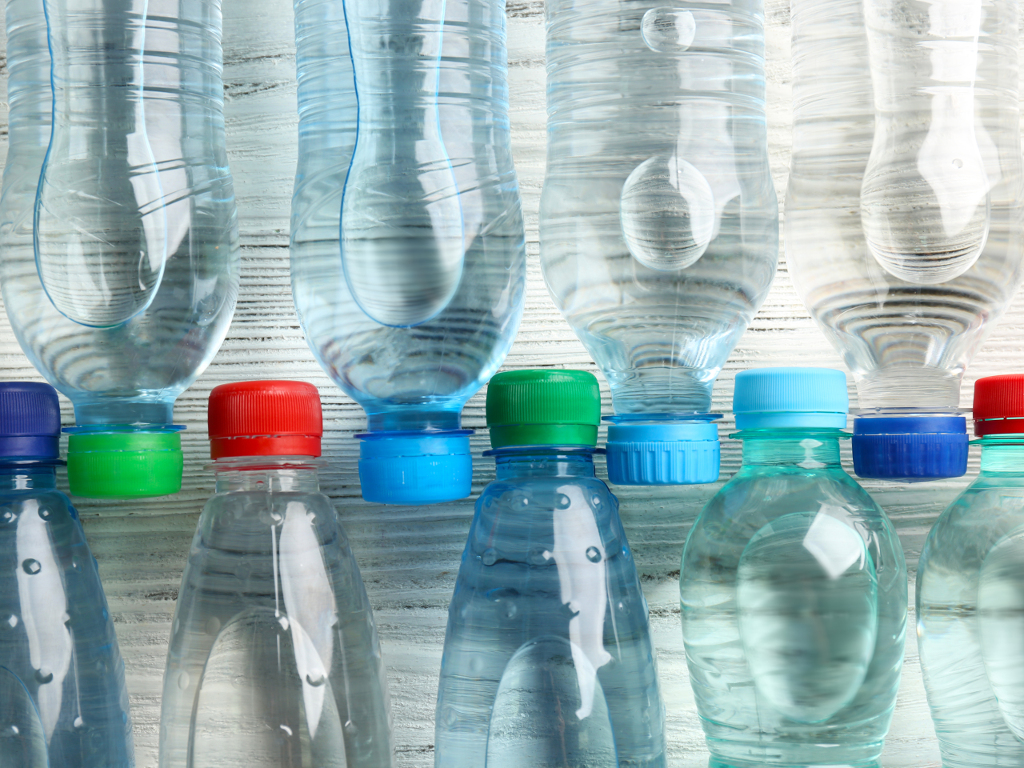European Commission proposes new rules to reduce plastic waste
(Photo: Africa Studio/shutterstock.com)

More than 80% of marine litter is plastics. The EC is proposing new EU-wide rules that target the 10 single-use plastic products most often found on Europe's beaches and seas, as well as lost and abandoned fishing gear. These products are the biggest part of the problem. Together they constitute 70% of all marine litter items, the EC says.
Targeted products include plastic cotton buds, cutlery, plates, straws, drink stirrers and sticks for balloons.
– Where alternatives are readily available and affordable, single-use plastic products will be banned from the market – the EC says.
Member States will have to reduce the use of plastic food containers and drinks cups. They can do so by setting national reduction targets, making alternative products available at the point of sale, or ensuring that single-use plastic products cannot be provided free of charge.
It is also proposed for producers to help cover the costs of waste management and clean-up, as well as awareness raising measures for food containers, packets and wrappers, drinks containers and cups, tobacco products with filters, wet wipes, balloons, and lightweight plastic bags. The industry will also be given incentives to develop less polluting alternatives for these products.
Certain products will require a clear and standardized labeling which indicates how waste should be disposed, the negative environmental impact of the product, and the presence of plastics in the products.
The EC says in its press release that, due to its slow decomposition, plastic accumulates in seas, oceans and on beaches in the EU and worldwide. Plastic residues are found in marine species – such as sea turtles, seals, whales and birds, but also in fish and shellfish, and therefore in the human food chain.
– While plastics are a convenient, adaptable, useful and economically valuable material, they need to be better used, re-used and recycled. When littered, the economic impact of plastics encompasses not just the lost economic value in the material, but also the costs of cleaning up and losses for tourism, fisheries and shipping – the EC says.
The Single Use Plastics Directive is an integral part of the wider approach announced in the Plastics Strategy and an important element of the Circular Economy Action Plan. The EC announces that, between now and 2020, an additional EUR 100 million will be devoted to financing priority actions under this Strategy.
The press release adds that replacing the most common single use plastic items with innovative alternatives that have higher added-value is an economic opportunity, as it can create around 30,000 local jobs.
Implementation of this proposal will aim to reduce littering by more than half for the ten single use plastic items, avoiding environmental damage which would otherwise cost EUR 223 billion by 2030.
Companies:
 EUROPEAN COMMISSION Bruxelles
EUROPEAN COMMISSION Bruxelles
Tags:
European Commission
new rules for reduction of plastic waste
new rules for reduction of plastic waste in seas and oceans
plastic cotton buds
cutlery
plates
straws
drink stirrers
sticks for balloons
Single Use Plastics Directive
Plastics Strategy
Circular Economy Action Plan
circular economy
Comments
Your comment
Most Important News
Full information is available only to commercial users-subscribers and it is necessary to log in.
Follow the news, tenders, grants, legal regulations and reports on our portal.
Registracija na eKapiji vam omogućava pristup potpunim informacijama i dnevnom biltenu
Naš dnevni ekonomski bilten će stizati na vašu mejl adresu krajem svakog radnog dana. Bilteni su personalizovani prema interesovanjima svakog korisnika zasebno,
uz konsultacije sa našim ekspertima.


 Izdanje Srbija
Izdanje Srbija Serbische Ausgabe
Serbische Ausgabe Izdanje BiH
Izdanje BiH Izdanje Crna Gora
Izdanje Crna Gora


 News
News







